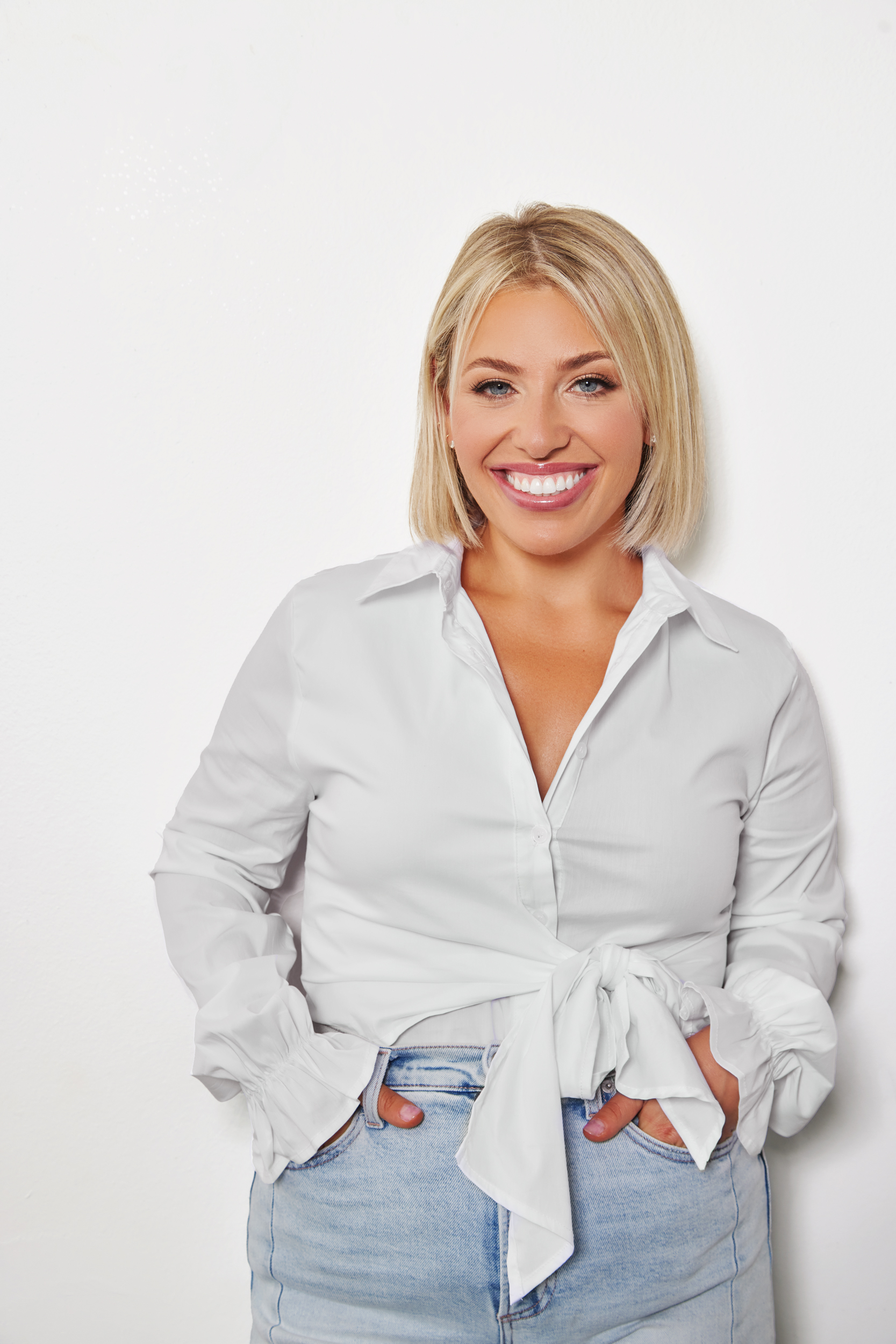
Vulnerability And Anger: How The Two Collide
February 26, 2020

I want you to close your eyes. I want you to take a moment and think about the last time you were angry. What was going on? Who were you angry with? Where did you feel that anger physically? Maybe in your chest, neck, or back. Maybe in your shoulders. I presume you could describe the physical feeling as tense and unpleasant. Why does this happen?
Who has the power to make us the angriest? When I consider the times I’ve been the most upset, I see my mom, I see my dad, significant others, and my closest friends. The people in my arena, the ones fighting for me and with me, the ones who are cheering me on from the sidelines that we call life. Why is it that these people have the most power over my emotions and the ability to create such uncomfortable feelings? It’s relatively simple. It’s because I care.
I so often hear teens in my office make statements such as “I don’t care” usually followed up by something along the lines of, “I hate them.”
Here’s the thing. Being angry is exhausting. It’s consuming. If I didn’t care, my body wouldn’t feel this way right now.
Have you heard the song “Love Me or Hate Me” by Lady Sovereign? Lyric reminder: “Love me or hate me; it’s still an obsession.” She’s right. Hating someone absorbs so. much. energy. It’s draining.
Pause. Go back to the last time you felt angry. What was underneath that anger? Dig deep–especially if you were really mad. Sometimes it’s hard to see beyond that feeling, but the truth is, anger is a secondary emotion. What lies underneath is some variation of hurt. Were you scared? Sad?
Society has led us to believe that presenting anger is more socially acceptable than showing that you’re hurt. Why? Who came up with that idea? I think back to anytime I’ve been angry and acted on those emotions (whether it was verbally snapping back, screaming, or worse, the silent treatment). How did I feel after? Usually guilty or regretful. Maybe even embarrassed and apologetic.
Part of this comes with age. The ability to emotionally regulate before responding. To my parents out there–please remember this. Developmentally, your kid is less inclined to hold back their snarky remarks or what can be often perceived as attitude. It is difficult for them to leave the momentary feelings and see beyond it.
Being vulnerable is hard. I encourage you to consider your intentions behind responding, especially when feeling angry. Give yourself a moment. Breathe. What am I actually feeling right this second? After circling the sun a mere 26 times, I finally learned that being vulnerable gets me further than being angry. I don’t regret what I say to my people, nor do I feel embarrassed.
Try it.
The Montfort Group has been providing professional counseling services in Plano and the North Dallas area for the past several years. We thrive on addressing a variety of complicated relationships and personal issues. Our therapy services incorporate individual, couples, and family work for children, teens, and adults. Our unique relationship counseling approach embraces a self-growth focused, collaborative process. When you reach out to us, you can be assured that we will make it as comfortable as possible to get the help you need.
Additionally, we are happy to provide our appointments at our office or through Telehealth, a safe and easy way to speak with your therapist through online video conferencing.

With a background in Psychology from The University of Texas at Austin and a Master’s in Counseling from Southern Methodist University, Courtney is a Licensed Professional Counselor in Texas specializing in child and adolescent therapy, trauma, and mental health support. She has experience working with diverse populations, including students, individuals on the autism spectrum, and those struggling with anxiety, depression, and eating disorders. Passionate about fostering emotional well-being, she has led therapy groups and provided counseling in various clinical and academic settings.
accept
We use cookies to improve your browsing experience and ensure the website functions properly. By selecting 'Accept All,' you agree to our use of cookies.
© Tmg XXXX
Contact our office:
Already working with a Montfort Group clinician?
You can book or manage your next session here.
Stay Connected
Schedule Now